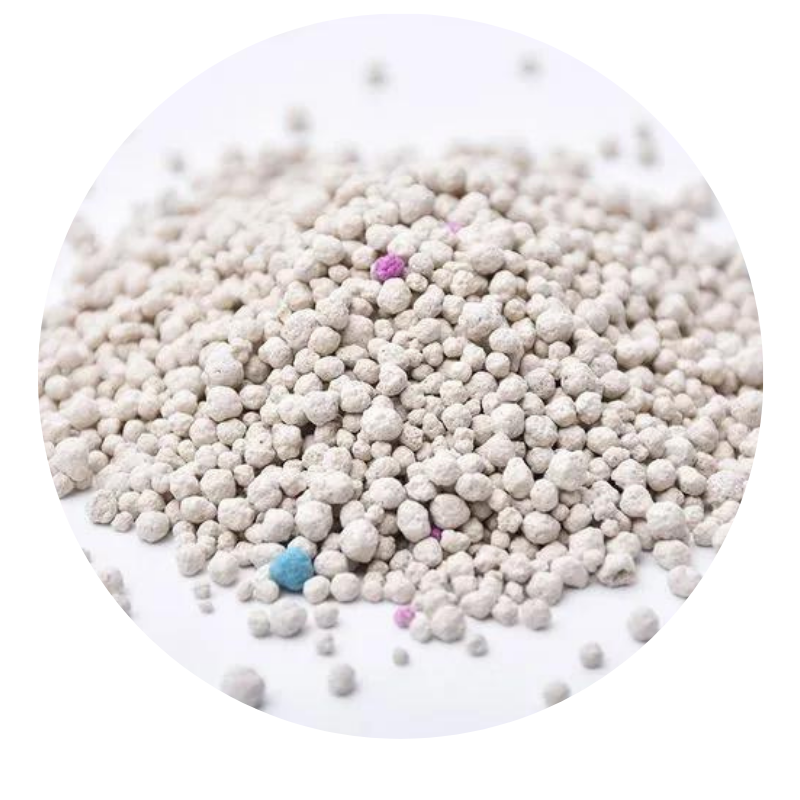
Exploring the Benefits of Vermiculite and Perlite in Gardening and Plant Care
The Benefits of Vermiculite and Perlite in Horticulture
When it comes to optimizing plant growth, the choice of soil amendments can significantly influence the success of gardening and horticulture. Two of the most popular materials used to improve soil structure and aeration are vermiculite and perlite. Although they serve similar purposes, each has unique characteristics and benefits that can cater to different gardening needs.
What are Vermiculite and Perlite?
Vermiculite is a natural mineral that undergoes a heating process to expand into lightweight, accordion-shaped particles. This mineral has excellent water retention properties, which makes it ideal for moisture-loving plants. Vermiculite can hold up to three to four times its weight in water, allowing it to keep the soil consistently moist while providing essential aeration.
Perlite, on the other hand, is a volcanic glass that is also heated to create small, white, lightweight granules. Unlike vermiculite, perlite does not retain as much moisture; instead, it improves aeration and drainage in the soil. It is particularly beneficial for plants that require quick drainage and do not thrive in overly wet conditions.
Comparing Properties and Uses
When considering which amendment to use, it's essential to understand their properties
1. Water Retention Vermiculite excels in retaining water, making it suitable for potting mixes for plants that require higher humidity levels, such as orchids, ferns, and African violets. In contrast, perlite helps create a lighter mix with rapid drainage, making it preferable for cacti, succulents, and other drought-tolerant plants.
2. Soil Aeration Both materials improve aeration, but perlite does so more efficiently due to its larger particle size and structure. Adding perlite to heavy soil can break up compacted conditions, allowing roots to breathe better.
3. Nutrient Retention Vermiculite has an advantage here as it can retain essential nutrients, acting as a reservoir that can be gradually released to plants. Perlite, while beneficial for drainage, does not hold nutrients effectively, making it less suitable as a sole growing medium.
vermiculite og perlite

4. pH Levels Vermiculite is typically neutral in pH, which makes it versatile for various plants. Perlite, while also neutral, can occasionally have a slightly alkaline pH depending on the source, which is something to consider for specific plant needs.
Applications in Gardening
Understanding the unique qualities of vermiculite and perlite is crucial for effective gardening. For example, a potting mix for vegetables may require a balance of both. A mixture comprising 60% potting soil, 30% vermiculite, and 10% perlite can provide adequate moisture retention while ensuring good drainage. This combination supports healthy root development and mitigates the risk of overwatering.
For seed starting, a blend with a higher percentage of vermiculite can help retain moisture and ensure a steady supply of water for germinating seeds. Conversely, if you're creating a media for succulents, a mix heavily leaning on perlite with just a touch of compost can create an ideal environment that prevents root rot.
Environmental Considerations
Both vermiculite and perlite contribute to sustainable gardening practices. They are inorganic materials, thus providing longevity in the soil without degrading.
Additionally, their lightweight nature reduces transportation costs and carbon footprints, making them eco-friendlier choices. As awareness of sustainable practices in horticulture grows, the use of these materials may further enhance the organic and environmentally friendly gardening movement.
Conclusion
In summary, vermiculite and perlite are indispensable tools in horticulture, each bringing distinct advantages to the table. While vermiculite is excellent for moisture retention and nutrient storage, perlite is unrivaled in aeration and drainage. Understanding the specific requirements of your plants will guide you in choosing the right proportions of these amendments for your gardening needs. Whether you are an experienced gardener or a novice, leveraging the strengths of vermiculite and perlite can pave the way for lush and thriving plants.
Share
-
Premium Talcum Powder Enhanced with GPT-4 Turbo | Soft & Long-LastingNewsAug.02,2025
-
Fly Ash Solutions Enhanced by GPT-4 Turbo | Sustainable InnovationNewsAug.01,2025
-
Natural Premium Bentonite Cat Litter - Superior ClumpingNewsJul.31,2025
-
Premium Resin Coated Sand - High Heat Resistance CastingNewsJul.31,2025
-
High Quality Silicon Carbide Grit for Abrasive ApplicationsNewsJul.30,2025
-
High-Quality Ceramsite for Plants & Gardening | Lightweight PebblesNewsJul.29,2025






